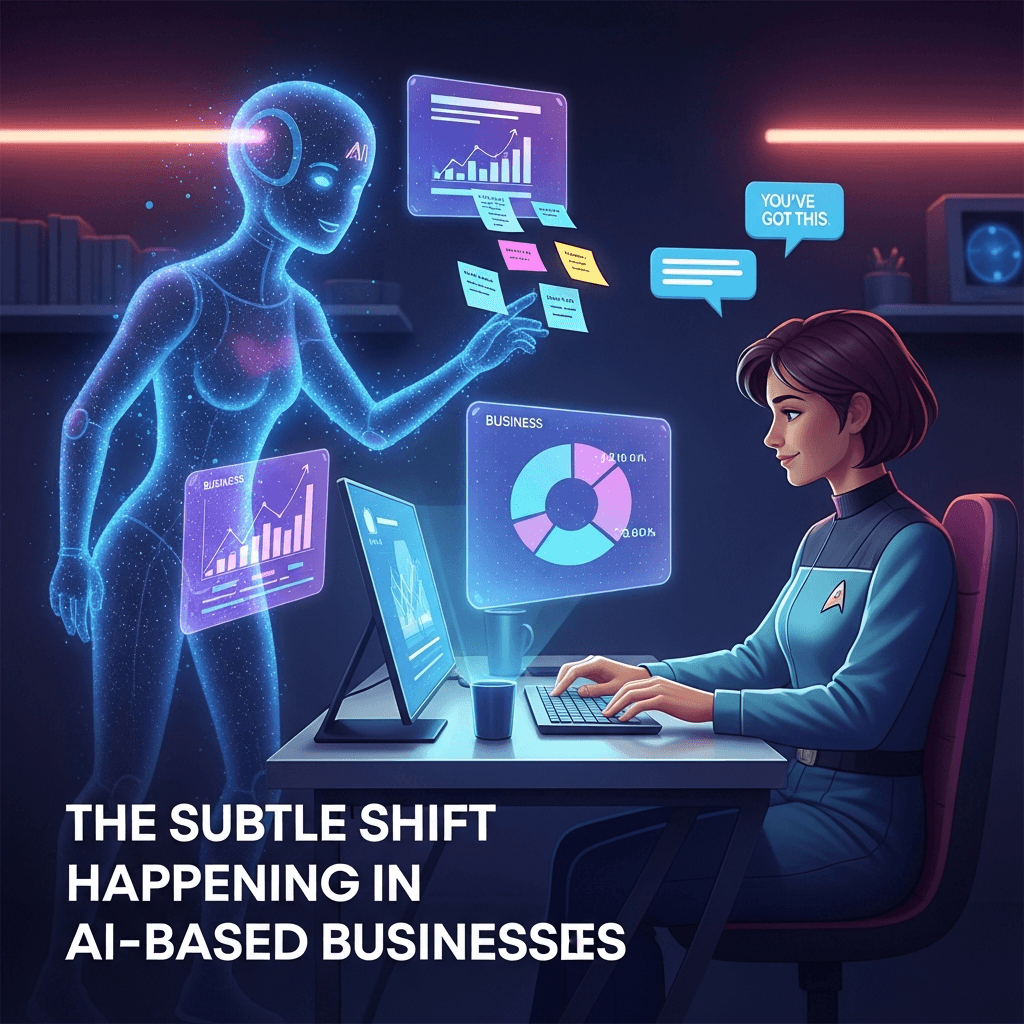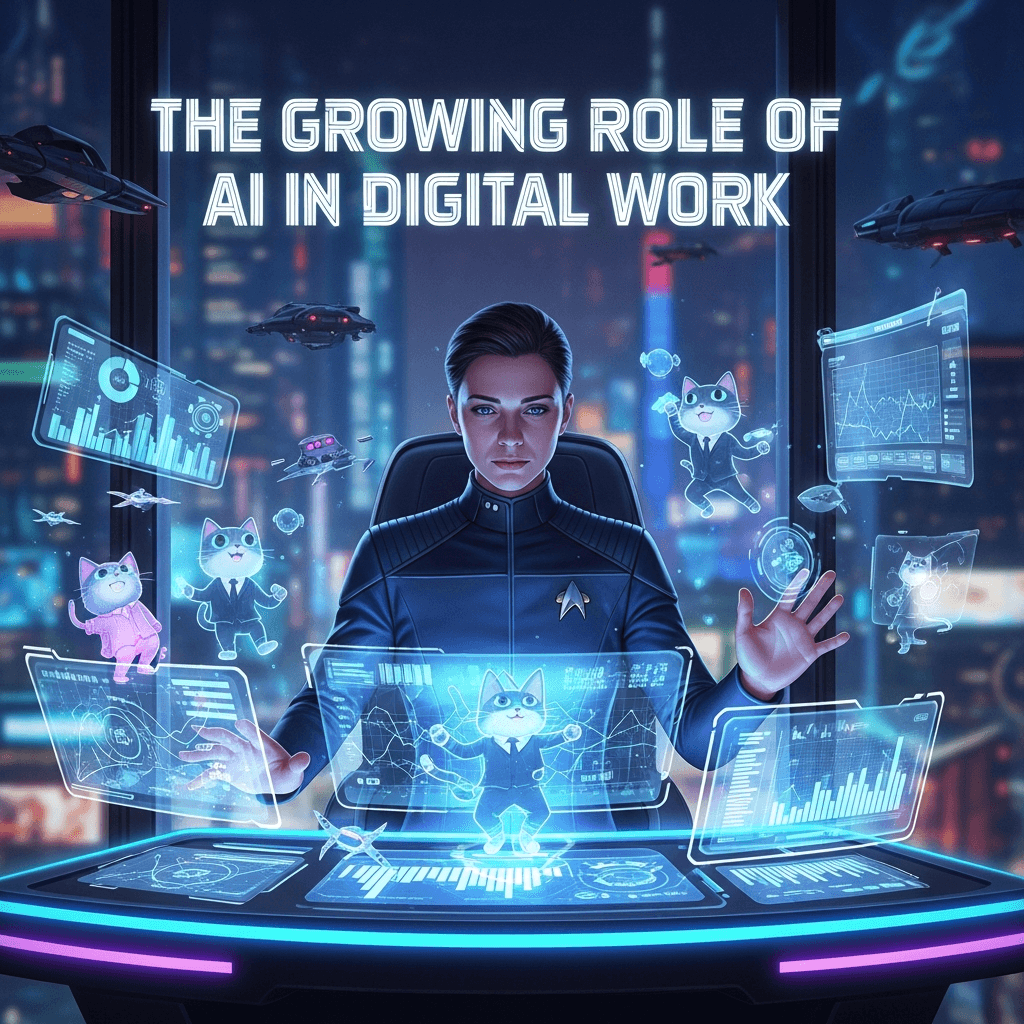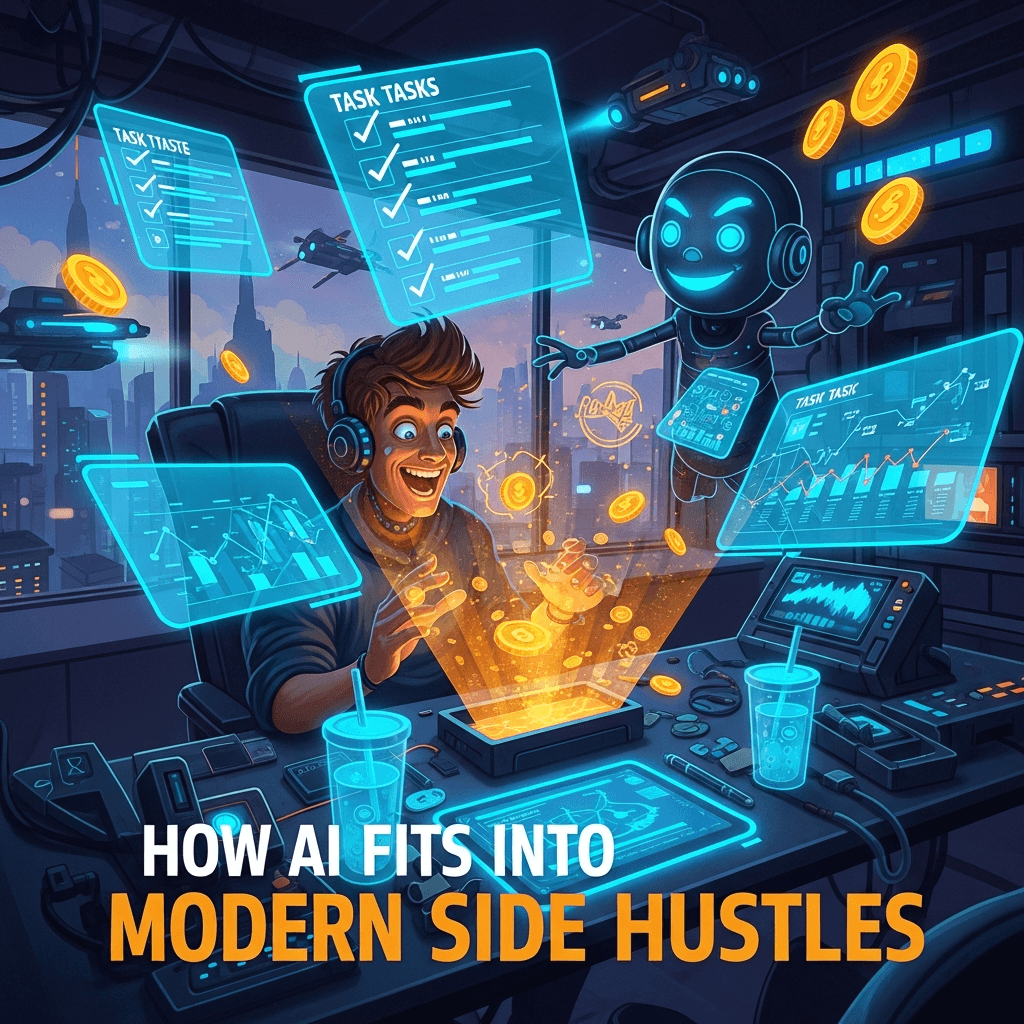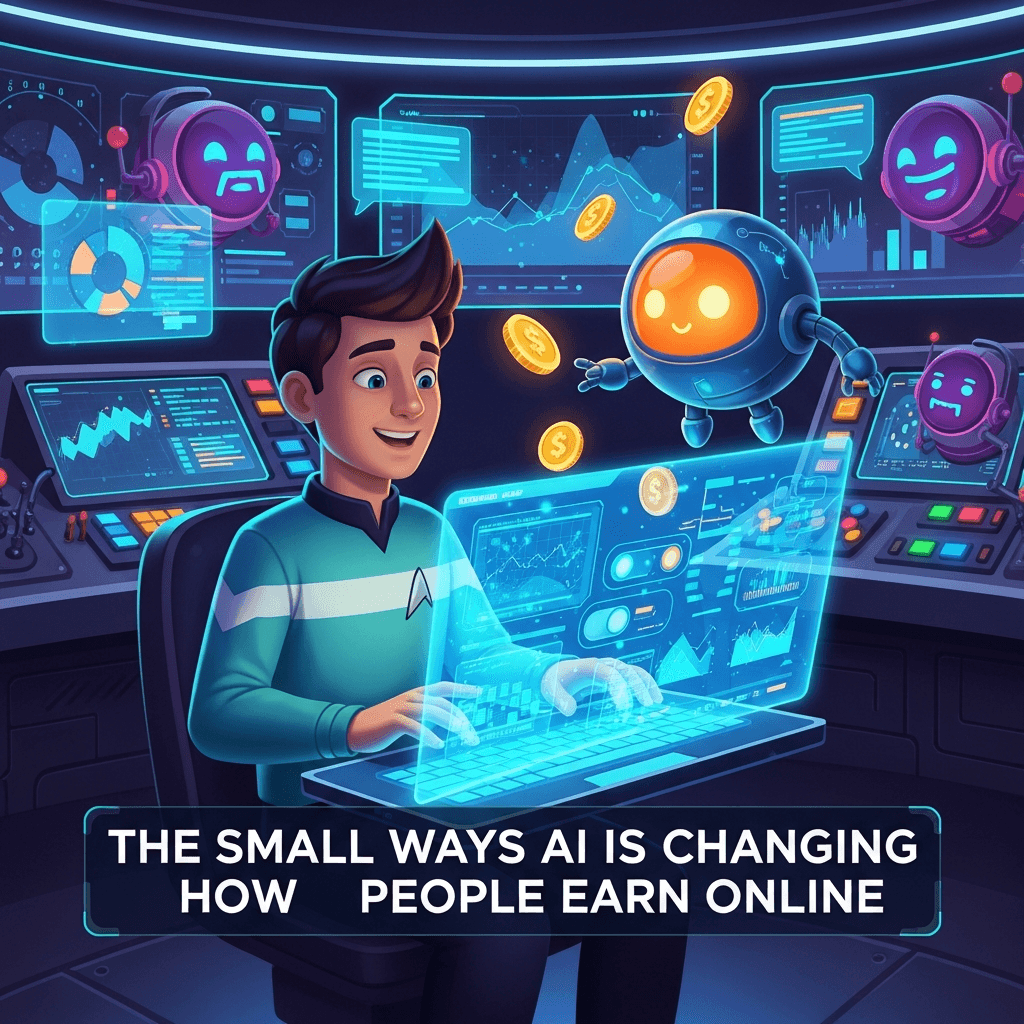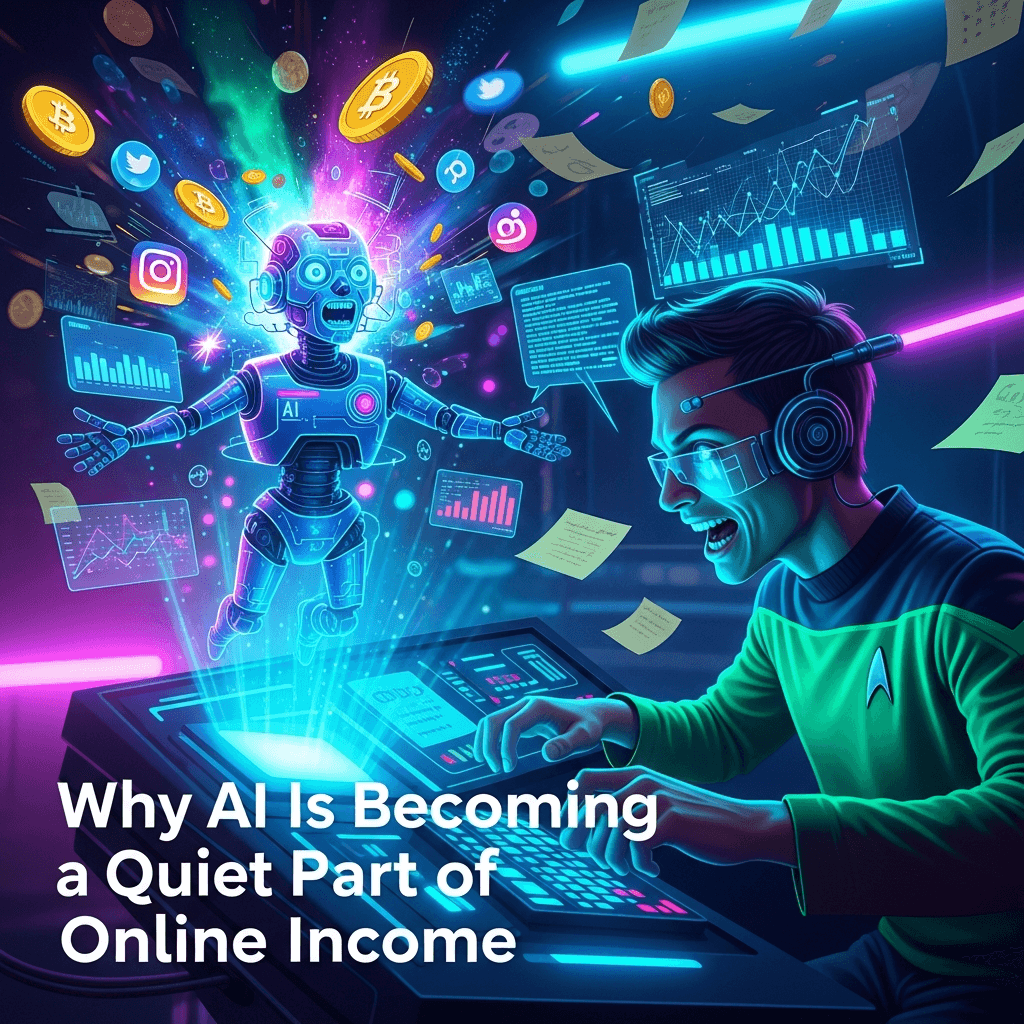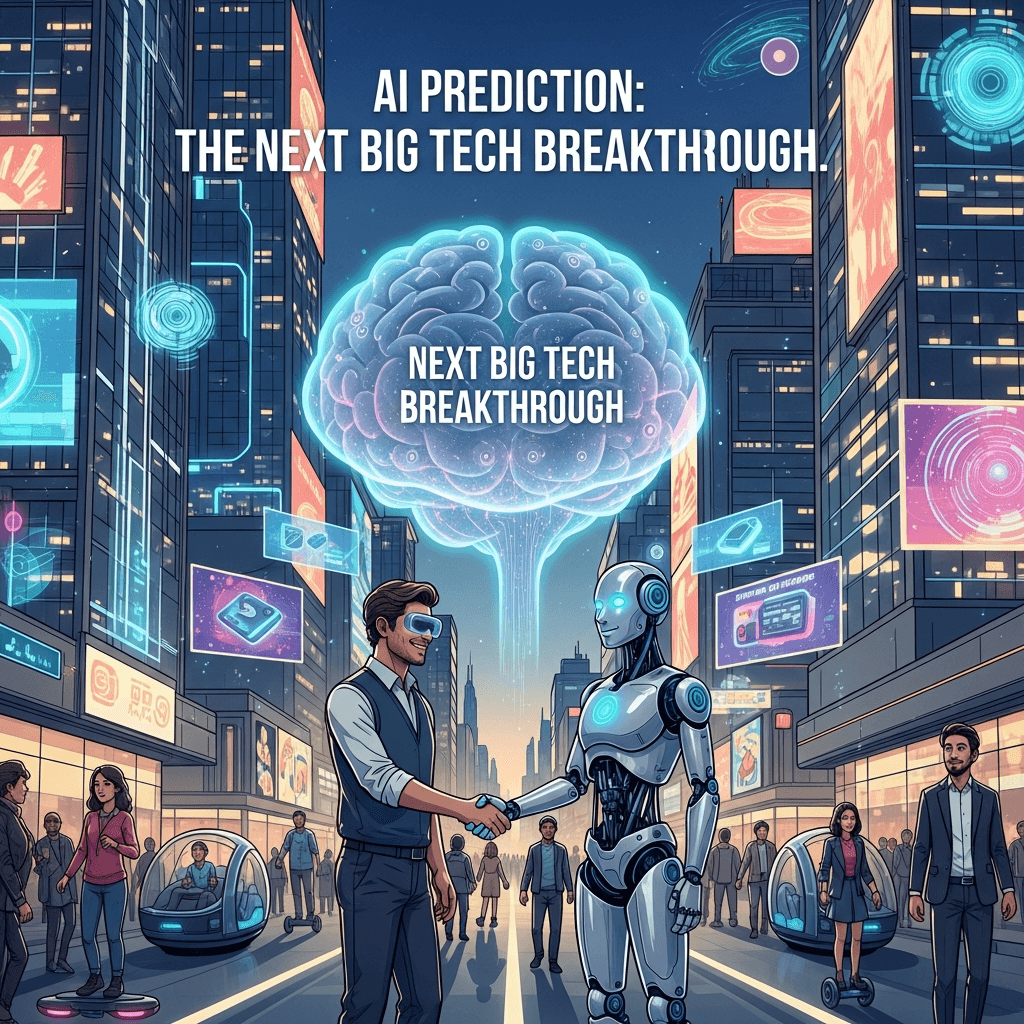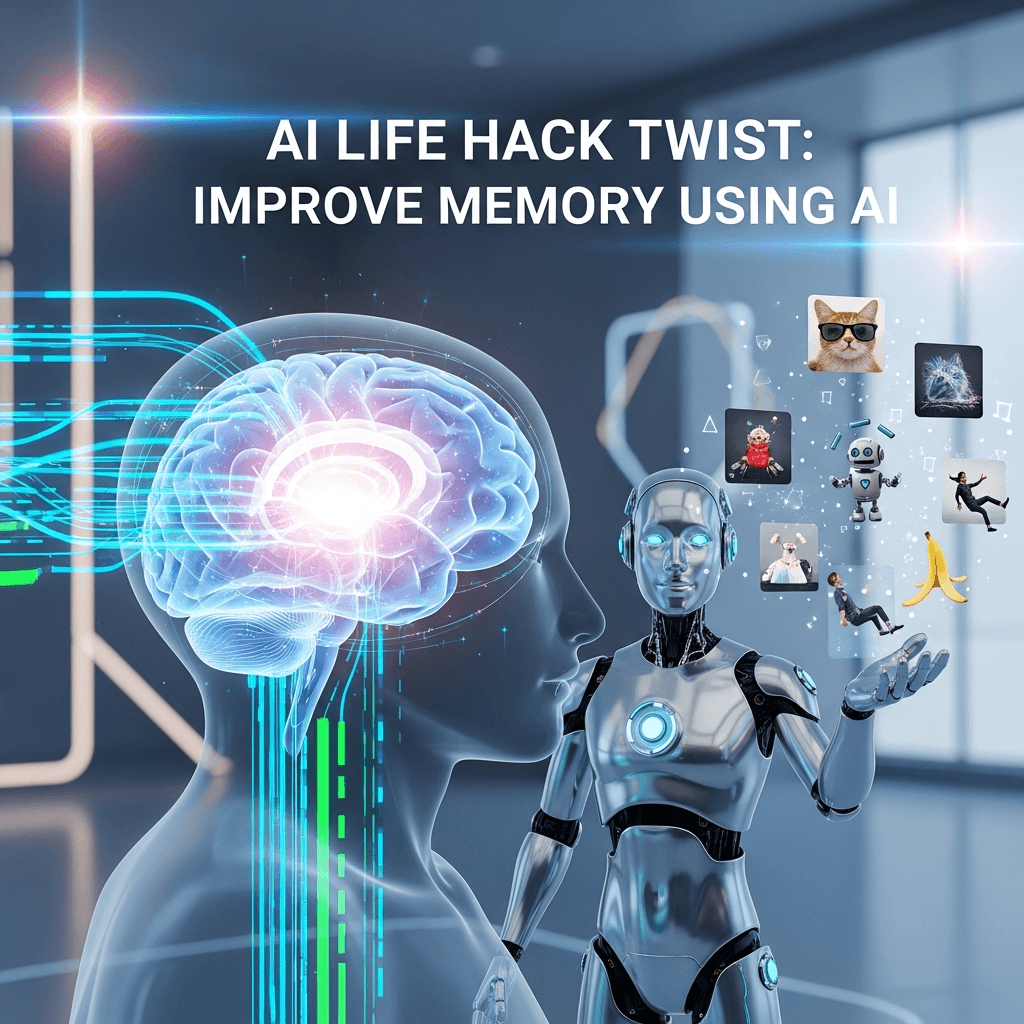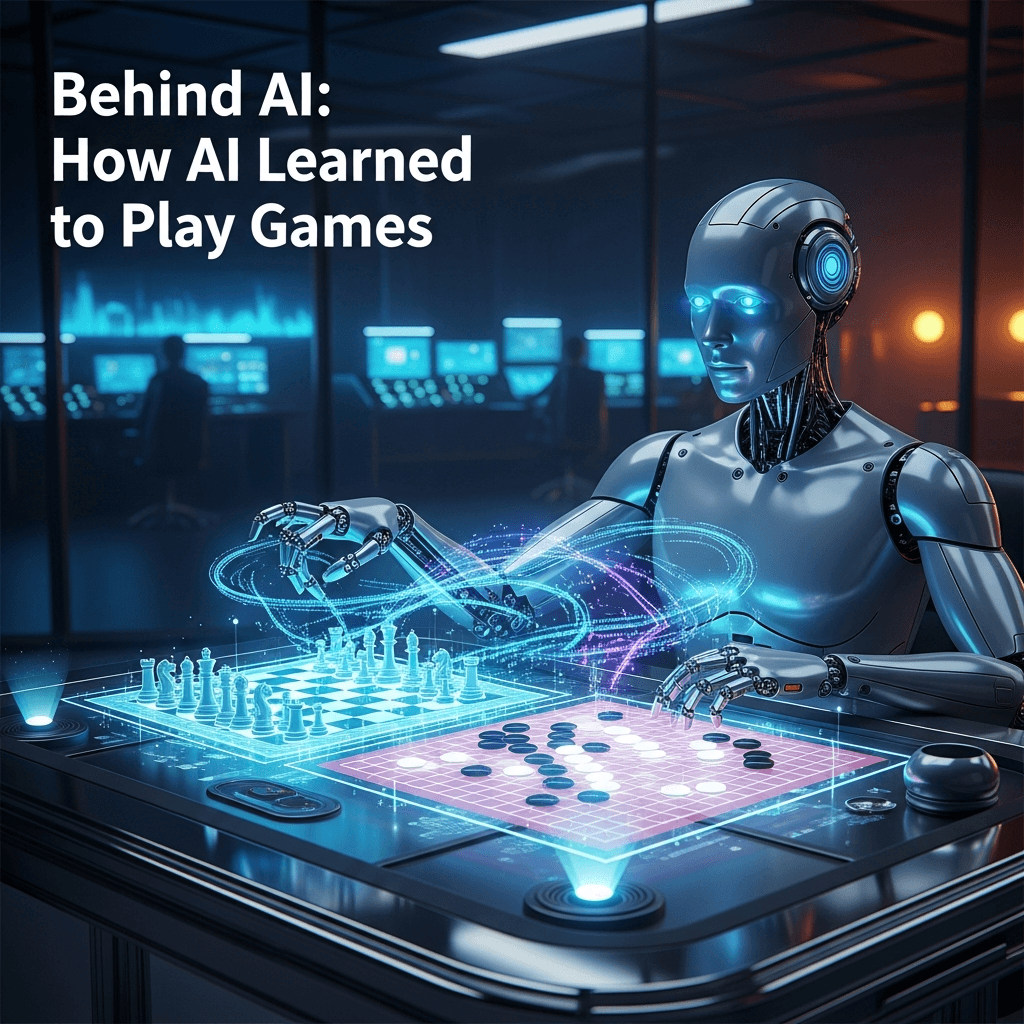Surveillance has always been creepy, but now with AI in the mix, it’s on another level. From facial recognition cameras in public spaces to algorithms that track your online behavior, AI is making “Big Brother” more powerful than ever. The question is—are we safer, or are we giving up our freedom piece by piece?
Introduction
Remember that old “Big Brother is watching you” line from 1984? Well, bad news—it’s not just a novel anymore. Thanks to AI, surveillance isn’t just everywhere, it’s smarter, sharper, and scarier. Cameras don’t just record—they analyze. Apps don’t just collect data—they predict. Basically, privacy? Yeah, that’s on life support.
The Rise of AI Surveillance
Let’s talk cameras. They’re not just dumb lenses anymore. With AI facial recognition, a single camera can scan thousands of faces in seconds, match them to databases, and flag “suspicious” people instantly. Governments love it for crime prevention. Businesses love it for tracking customers. But for regular folks like us? It feels like living in a giant fishbowl.
And it doesn’t stop at cameras. Every click, swipe, and “like” you give online is fed into AI algorithms that build a detailed picture of who you are, what you buy, and even what you might do next. Creepy? Absolutely.
Real-Life Examples That Feel Like Sci-Fi
- China’s social credit system: Imagine cameras tracking everything you do—then giving you a “score” that decides if you can travel, get loans, or even date. That’s happening.
- Retail stores: Some chains use AI cameras to study how you walk through aisles, where your eyes linger, and what you’re most likely to buy.
- Police departments: In some cities, AI is used to predict crime “hotspots.” Sounds smart until you realize it often targets the same communities over and over.
The Good, The Bad, and The Ugly
To be fair, AI surveillance isn’t all evil. It can help catch criminals faster, spot missing kids, or prevent fraud. But here’s the problem: once you give someone the power to watch everything, they usually don’t stop there.
The ugly side? False positives. Innocent people getting flagged as criminals. Minority groups being watched more closely. And hackers breaking into surveillance systems—turning your “safety tech” into their playground.
Are We Safer or Just More Watched?
That’s the big question. Politicians sell AI surveillance as “safety.” But are we actually safer, or just giving up freedom little by little? Because once people get used to being monitored 24/7, it’s hard to roll it back. Today it’s for safety, tomorrow it could be for control.
How to Protect Yourself (At Least a Little)
- Be mindful online: Every click, post, and like leaves a trail.
- Use privacy tools: VPNs, encrypted messaging apps, and trackers blockers help.
- Stay aware: Know what tech your government and apps are using on you.
It’s not about hiding everything—it’s about being conscious of how much you’re giving away.
Bottom Line
AI-powered surveillance is here, and it’s not going anywhere. It might make cities safer, but it’s also eating away at privacy like a slow leak. The scary part? Most people don’t even notice it’s happening. So ask yourself: would you trade freedom for convenience and safety? Because that’s exactly the deal AI surveillance is putting on the table.


